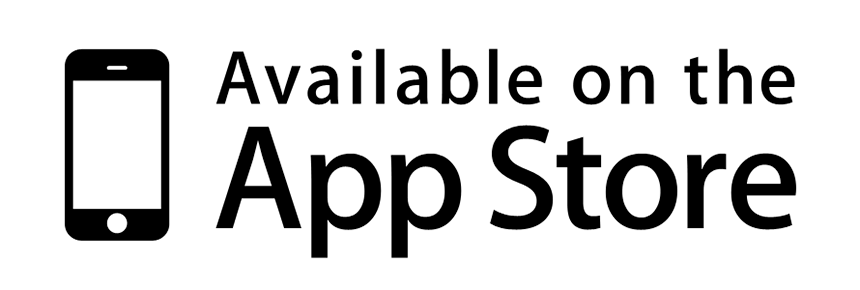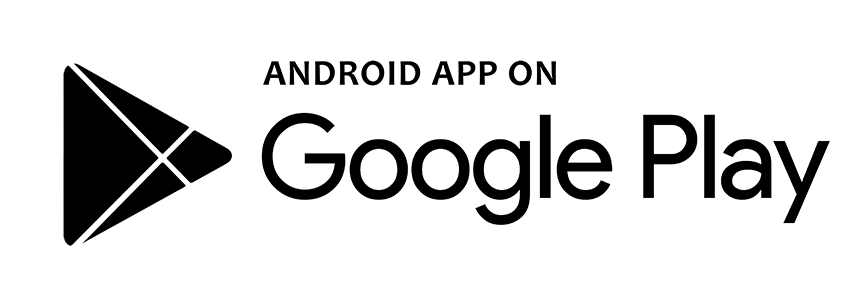Сan Sustainability Be Profitable?
Every April 22, we celebrate Earth Day! Whether it’s a walk through the woods, picking up litter, or using more Earth-friendly products in business, we want to raise awareness of environmental issues and sustainability.
In hospitality, the long-term benefit of this awareness is more competitive and profitable hotels. So, can sustainability boost sales for real, enhance productivity and increase revenue?
While optimizing profits and protecting the environment may seem at odds, they actually share many commonalities. The good news for hoteliers is that there’s a growing demand for eco-tourism and conscious traveling. And thanks to new hotel technology, sustainability and revenue growth duo is more than feasible to achieve.
According to Printing Impressions, the Travel and Hospitality industry spends $11.1 billion on printed materials per year. Well, yeah, traditional hotel operations use A LOT OF paper. Even if this paper is recycled (and it usually isn’t), it’s unnecessary waste in a digital age.
One of the Docmx case studies says that the average hotel in Sydney (Australia) has over 3 million prints every year. These numbers speak for themselves, but besides to inefficiencies, this was amounting to significant operational costs. Bring your calculators!
Printing over 3 million pages every year, at a cost of 10 cents per page, amounts to over $300,000 annually. And this is let alone without costs for printer ink, electricity, etc. As a comparison, a good SaaS costs around $6,000 for a year. It also eliminates unnecessary supplies for documentation such as paper, printing, physical storage, and more. It means more savings for your company that you can use for more important things.
Print reduction is the first and the main goal to achieve sustainability for any successful hotelier. The ROI on the new eco-friendly technologies pays off within just a few months and will definitely help save costs as well as the environment.
Will the future be paperless?
With revenue science, once a hotel has picked the low-hanging fruit, a commitment to long-term environmental practices will require investments in technology. This may include water filtration, energy-saving technology, or composting systems. It also means investing in digital tools for task assignment, making accurate forecasts that consolidate data across departments and hotel properties.
Besides saving money on energy (and saving the planet), going green can also help you boost revenue by eliminating printing. As most of a hotel’s paper waste comes from printing out daily reports, often for morning management meetings, daily task lists and more. Again, there’s no need.
Housekeeping and Maintenance departments are other common areas for paper waste. Most shifts start with printouts of the daily tasks, which employees mark off manually as they work, and which might eventually find their way to the front of house where the information can be updated. It’s inefficient, and unnecessary. There are plenty of good software solutions you can use, including the HKeeper, which digitalizes the entire task-management process. No rush, no printing, no investment in implementation!
Technology has a huge part to play in enabling many of the changes necessary to become an eco-friendly hotel: from smart room key systems, solar PV, occupancy sensors and room digitalization to the new guest apps that incentivize guests to save energy with rewards perks.
The biggest component in all of this is your hospitality approach. Those things, as most hotel solutions are made for guests' usage (for the outside of the business). Can you imagine how much you can save (aka earn) if you make the whole operation processes sustainable: both front and back offices?
From this perspective, corporate social responsibility policies regarding the environment are not an undesirable cost but rather an investment that ensures long-term, sustainable financial returns. For the last several years environmental sustainability has had a significant positive impact on RevPAR and that reputation acts as a mediating factor in this context.
Moving to a cloud-based solution like HKeeper is vital, because it allows you to digitize over 70% of routine tasks for each employee, provides a centralized and safe communication channel for all departments, helps to reduce physical waste, and allows your property to operate more efficiently.
Happy Earth day!







